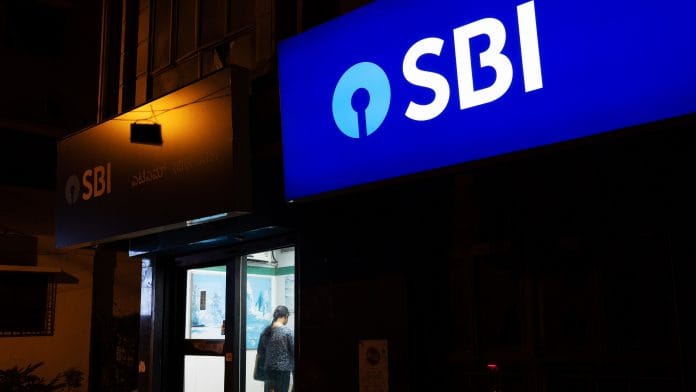Hong Kong: India’s first initial public offering by a credit card company and the largest float in more than two years is on the cusp of sailing unscathed through the market turmoil caused by the novel coronavirus outbreak.
SBI Cards & Payment Services Ltd. received orders for 22.5 times the shares on offer as of 5:30 p.m. Mumbai time, according to data on the National Stock Exchange’s website. It’s a strong showing for India’s first billion-dollar IPO since 2017, which was a record year for the nation’s listings. The public offer period closes on Thursday.
The deal, which could raise as much as $1.4 billion at the top of the price range, could hardly have come at a worse time in terms of market backdrop. As the coronavirus spread outside China and Asia and investors fretted about the potential economic impact of the outbreak that has killed over 3,200, global stocks have taken a pummeling. The rout even prompted the U.S. Federal Reserve to make an emergency rate cut.
Infections have been spreading in India too, jumping to 28. Both the S&P BSE Sensex Index and the NSE Nifty 50 Index have tumbled about 6% in the last two weeks as investors veered away from risk assets. There had been concerns that the risk-averse sentiment in the markets could impact the IPO’s over-subscription rate. The institutional tranche had received bids for 57 times the amount of shares on offer as of Wednesday, exchange data showed.
The credit card company, backed by State Bank of India and private equity firm Carlyle, is offering up to Rs 5 billion ($68 million) of new shares, while the two shareholders are selling as many as 130.5 million shares.
A successful deal will be a strong showing for the Indian IPO market, which has so far got off to a very slow start. Deals covering the eight companies that have listed so far in 2020 have been tiny, with the largest having raised just $1.6 million.
The public-health crisis has scuppered or delayed the listing plans of many companies in Asia, from Indonesia’s largest private airline Lion Air to a Japanese restaurant operator, as travel restrictions and market volatility make it difficult to execute deals. – Bloomberg
Also read: Modi govt approves rescue plan for Yes Bank, SBI-led consortium to inject capital






